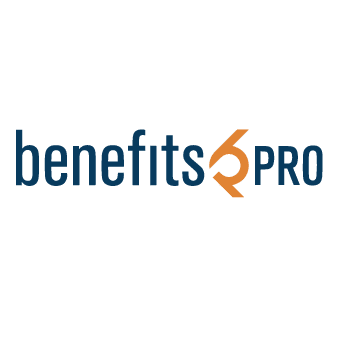Strategic Use of Benefit Accounts to Ease Employee Financial Stress

The average employee burdened by financial stress loses a fourth of their weekly productivity – can your company afford that?
April 3, 2023
By Bo Armstrong
Originally posted on BenefitsPRO.com
With inflation eating into the American budget, a recent BenefitsPRO article by Alan Goforth pointed out that 2023 would be a year of ‘living sensibly.’ Indeed, the current economic situation presents employers with an excellent opportunity to support employee mental health and financial well-being, boost productivity, and attract and retain a quality workforce through the strategic use of existing employee benefit plans. Benefits advisors are particularly well-positioned to encourage and guide employers in the creative and compassionate deployment of benefits beyond the standard offerings.
Employee Financial Stresses
There was a time when commuting was consistently listed as a top source of stress for American workers. However, with the widespread transition to remote working, few now cite commuting. Financial stress has risen to the forefront.
In its 2022 Wellness Barometer Survey, Brightplan found that 72% of employees are stressed about finances. In addition to rising inflation (79%), key drivers included planning for retirement (59%), building emergency savings (55%), and paying off debt (44%), among others.
The survey further found that employee financial stress impacts mental health (77%), physical health (52%), engagement (47%), and productivity (45%). The average employee affected by financial stress loses 11.4 hours of productivity per week, costing U.S. employers an estimated $4 billion weekly.
Salary Finance reports that U.S. workers increasingly live paycheck to paycheck, with more than two-thirds saying they are worse off financially than a year ago. Even higher earners are not immune; this category includes one in three Americans earning over $100,000 a year.
Fidelity Investments shares that the top three finance-related New Year’s resolutions among American workers are saving more money (39%), paying down debt (32%), and spending less (28%).
Using Benefit Accounts to Support Employee Financial Well-Being
Employers can make a real difference in their workforce’s mental health, engagement, and productivity by offering employee benefit programs that support financial well-being.
To address employee stressors including emergency savings, paying down debt, retirement planning, and living on less due to inflation, benefits advisors should encourage employers to look into creative benefits such as emergency savings accounts, student loan assistance plans, health savings accounts, and lifestyle spending accounts— all of which provide a measure of relief.
To learn more about how employer-sponsored benefit accounts can help employees manage financial stress, read the full article on BenefitsPro.com.

Bo Armstrong
Chief Marketing Officer, DataPath, Inc.
Bo has over 20 years of marketing leadership experience. His responsibilities include branding, communications, social media, product marketing, PR and promotions. He focuses on identifying emerging market trends within the benefits industry and advocating for customers and their needs. Bo is also a national conference speaker and author of numerous white papers and articles on the healthcare benefits industry.
For 40 years, DataPath has been a pivotal force in the employee benefits, financial services, and insurance industries. The company’s flagship DataPath Summit platform offers an integrated solution for managing CDH, HSA, Well-Being, COBRA, and Billing. Through its partnership with Accelergent Growth Solutions, DataPath also offers expert BPO services, automation, outsourced customer service, and award-winning marketing services.

